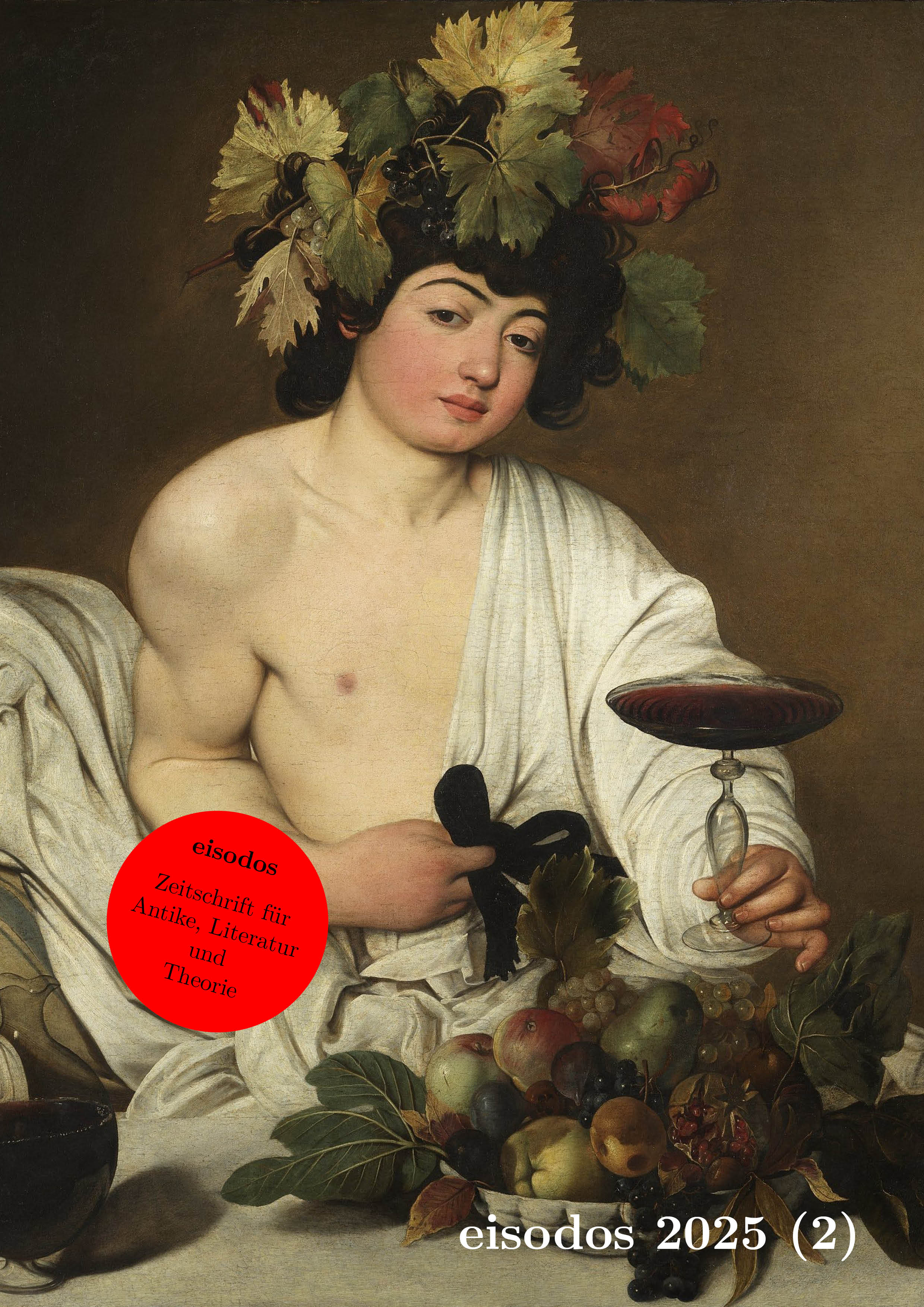Gluttony and Drunkenness. Exaggeration as a Philosophical Tool in Seneca’s Moral Letters
Abstract
This paper investigates the concept of exaggeration in Seneca's epistolary work, the Moral Letters. Seneca tries to initiate Lucilius into Stoic ethics, to achieve a life without passions, a moderate lifestyle through the practice of virtue. I focus on the insatiable bodily desires, gluttony and drunkenness, as the two immoderate attitudes of the main expressions of Roman luxury, and discuss them as manifestations of moral and spiritual enslavement. The Romans are concerned only with their physical needs, which, according to Stoicism and Seneca, are superfluous (i.e. not in accordance with nature) and mostly illusory. They overlook their real needs and ignore the soul (animus) which is capable of ensuring the well-being of human life. While constantly striving to satisfy physical desires, people are distracted from achieving the essential goal of liberation from passions, which is what Natura and modus demand. Seneca thus uses the concept of exaggeration as a literary, rhetorical and philosophical tool to analyse the human behaviour and to motivate people not to act excessively.
Veröffentlicht
Ausgabe
Rubrik
Lizenz
Copyright (c) 2025 Iliana Androutsopoulou

Dieses Werk steht unter der Lizenz Creative Commons Namensnennung 3.0 International.
Autorinnen und Autoren, die in eisodos einen Beitrag veröffentlichen, bleiben in Besitz des Copyrights, garantieren aber eisodos das Recht auf Erstpublikation. Mit der Publikation wird der Artikel einer Creative Commons Attribution License (CC BY) unterstellt, die es erlaubt, den Artikel unter vollständiger Nennung der bibliographischen Angaben (Nennung von Autorname und Erstpublikation in eisodos) mit anderen zu teilen.
Es steht den Autorinnen und Autoren frei, ihren Beitrag außerdem in anderen Medien (bspw. auf der universitären Homepage oder als Kapitel in einem Buch) in nicht-exklusiver Weise und unter Nennung der Erstpublikation in eisodos zu veröffentlichen.
Autorinnen und Autoren werden ausdrücklich dazu ermuntert, ihren Beitrag vor und während der Veröffentlichung in eisodos online zu diskutieren (bspw. auf ihrer eigenen oder der universitären Homepage). Dies führt zu produktivem Austausch und zu früherer Kenntnisname und Verwendung des im Anschluss daran in eisodos veröffentlichten Beitrags sowie der Verweisung auf ihn.


